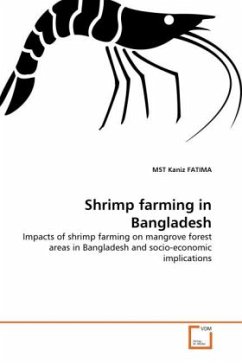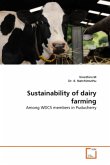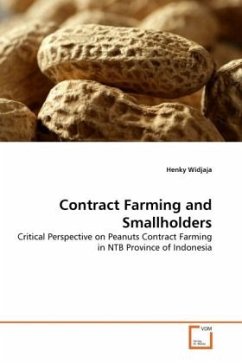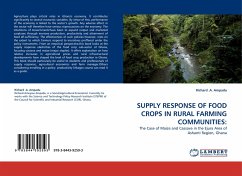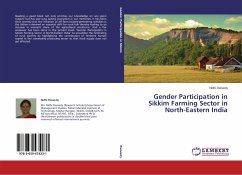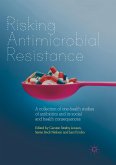Despite the enormous potential of coastal shrimp aquaculture development in Bangladesh, this sector has been expanded in an unregulated and uncoordinated way that has led to a notorious image for it being ecologically, socially and economically destructive. From these perspectives, this study was conducted in order to assess the denudation of mangrove ecosystems mainly due to encroachment for shrimp farming. Together with this, aspects concerning the deterioration of the socio-economic condition of the rural communities in shrimp cultivated areas were also investigated. The results of the study clearly indicate that there was an uneven distribution of gains from shrimp culture between the powerful shrimp farmers and the poor people related to this sector. We conclude that it is vital for the future of the industry to improve such that shrimp farming can be developed as a sector that destroys the environment minimally and does not have negative socio-economic impacts.
Bitte wählen Sie Ihr Anliegen aus.
Rechnungen
Retourenschein anfordern
Bestellstatus
Storno

